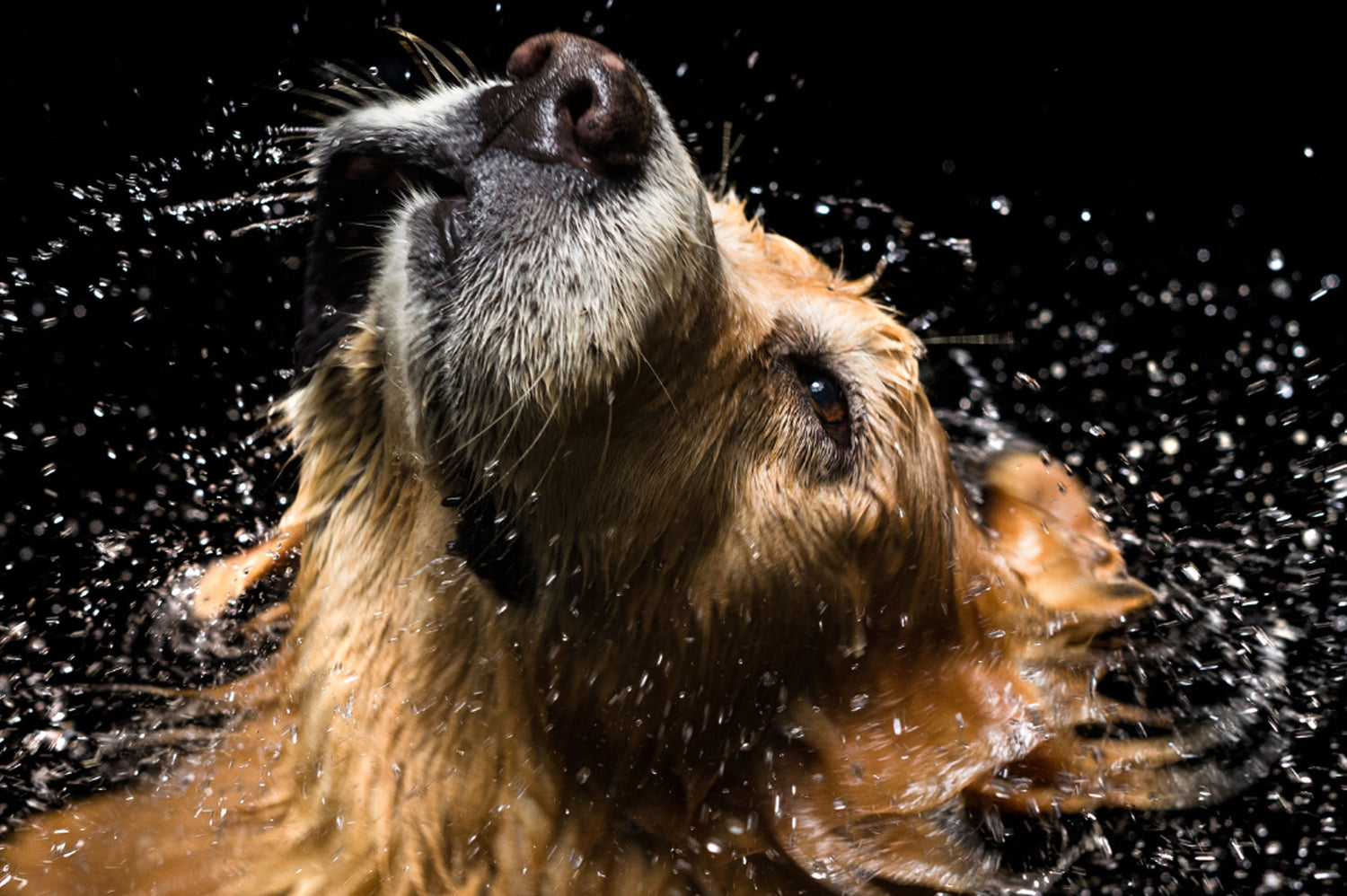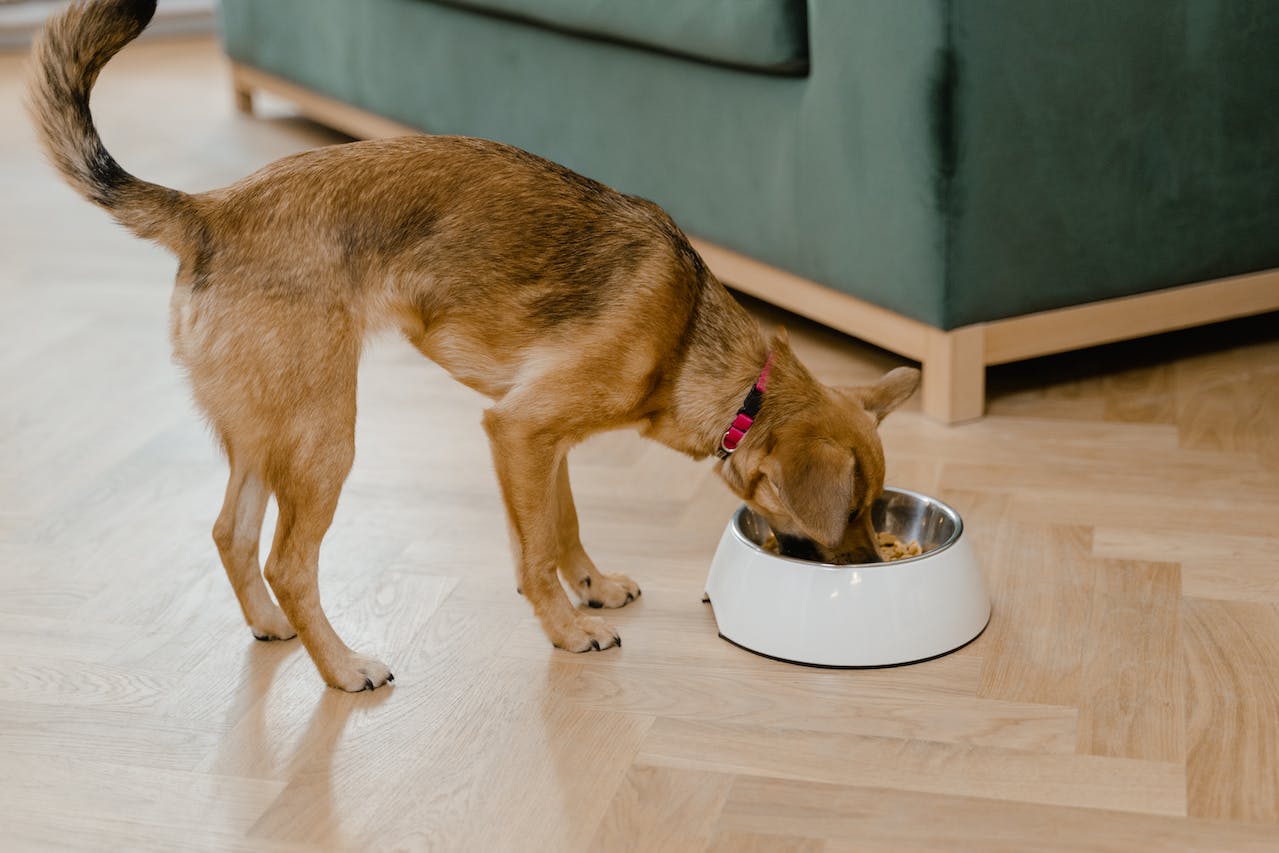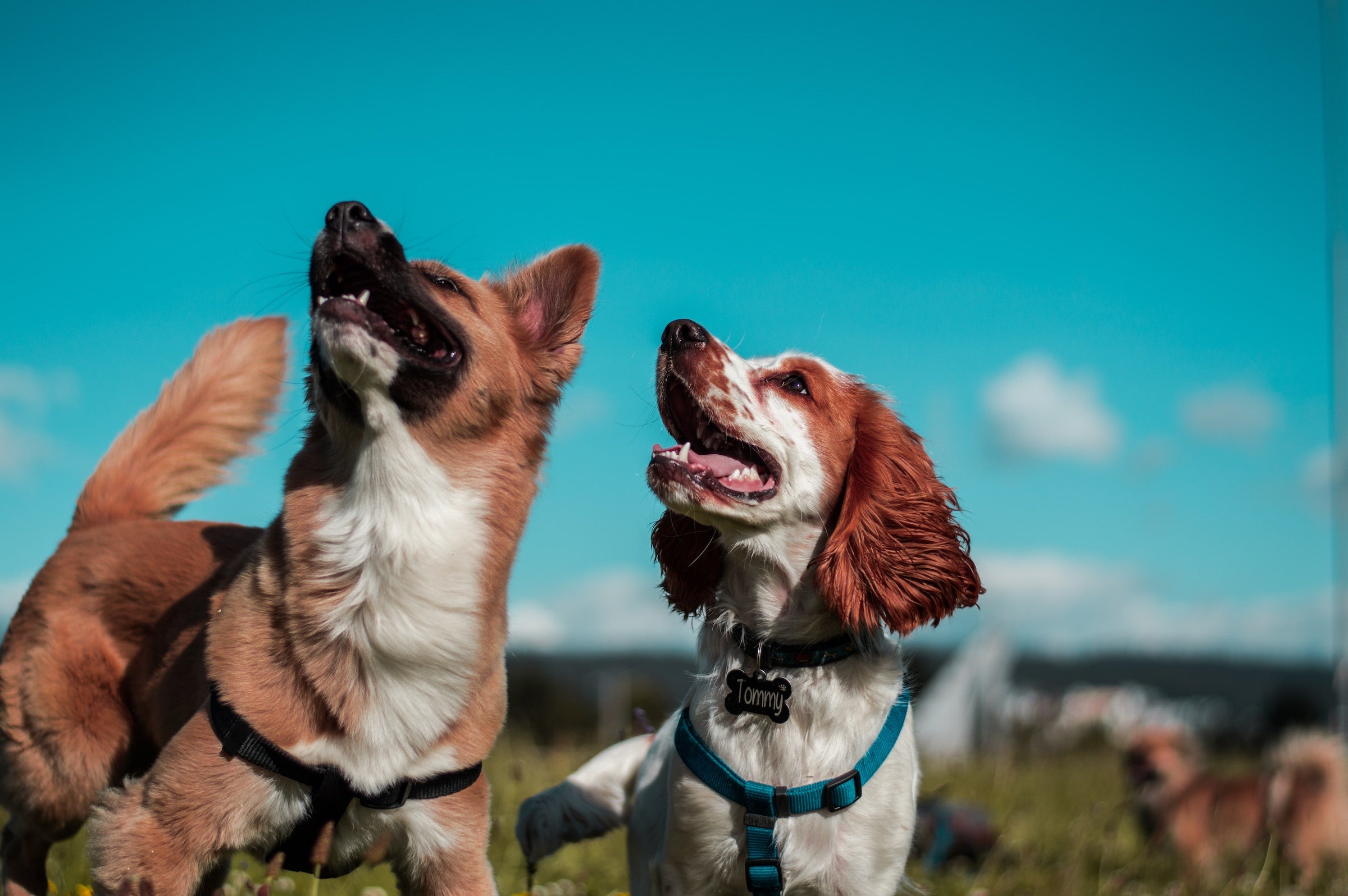It’s time to explore the rising popularity of using argan oil as a hair treatment for pets. We delve into the origins and benefits of argan oil, known for its nourishing and moisturizing properties. We also discuss the potential risks and limitations of using argan oil on pets' hair, including potential allergic reactions and the need for proper dosage.
Introduction
Argan oil, derived from the kernels of the argan tree, has gained significant attention in recent years due to its numerous benefits for hair and skin. Originally used by the Berber people in Morocco, argan oil has been a staple in human hair care for centuries. However, a new trend has emerged in the pet care industry - the use of argan oil as a hair treatment for pets.
What exactly is argan oil?
It is a natural oil packed with essential fatty acids, antioxidants, and vitamins that provide nourishment and hydration to the hair and skin. With its rich composition, argan oil is believed to improve hair health and appearance while addressing common issues such as dryness, itching, and dullness.
As pet owners become increasingly interested in natural and holistic approaches to pet care, the use of argan oil has gained traction. But is it truly a miracle solution for pets' hair or simply a passing trend?
Benefits of Argan Oil for Pets
When it comes to the potential benefits of argan oil for pets, the list is extensive. Argan oil is rich in Omega 3 and 6 acids, and studies show that the linoleic acid in argan oil has extensive benefits for skin and hair (and fur)!
Improving coat and skin health:
Argan oil's moisturizing properties can help combat dryness and improve the overall health of your pet's coat. It can make the fur softer, shinier, and more manageable.
Reducing itching and allergies:
Many pets suffer from allergies or sensitive skin that leads to itching and discomfort. Argan oil's anti-inflammatory properties may help soothe itching and reduce skin irritation.
Promoting wound healing:
In case of minor cuts, burns, and abrasions, studies show that argan oil's healing properties can aid in the recovery process. It may help reduce redness, inflammation, and promote faster healing of the affected area.
Potential Risks and Considerations
While argan oil offers potential benefits, it's important to be aware of the risks and considerations involved in using it on your pets:
- Allergic reactions: Just like humans, pets can also be allergic to certain substances. It's crucial to perform a patch test before applying argan oil to your pet's entire coat. Look out for any signs of skin irritation or allergic reactions such as redness, swelling, or excessive itching.
- Ingestion risks: Pets are known to groom themselves, and there is a possibility that they may ingest argan oil while grooming. While argan oil is generally safe for ingestion in small quantities, excessive consumption can lead to digestive issues such as diarrhea or vomiting. It's important to keep an eye on your pet and prevent them from ingesting large amounts of the oil.
- Quality and purity concerns: Not all argan oil products are created equal. It's crucial to choose a high-quality, pure argan oil specifically formulated for pets. Look for products that are free from additives, fragrances, and other potentially harmful ingredients, like our pet shampoo specifically designed for pet health..
How to Use Argan Oil for Pets
To ensure the safe and effective use of argan oil on your pets, consider the following guidelines:
Choosing the right product:
Look for argan oil products that are specifically formulated for pets, such as pet shampoo and grooming products. These products are often diluted to ensure the appropriate concentration for your pet's needs.
Proper application methods:
When applying argan oil to your pet's coat, make sure to gently massage it into the fur, focusing on areas that require extra attention. Avoid applying it near the eyes, nose, or mouth.
Frequency and dosage guidelines:
The frequency of application and dosage may vary depending on your pet's size, breed, and individual needs. Be sure to follow the manufacturer guidelines for use.
Real-life Experiences and Testimonials
- Stories from pet owners: Many pet owners have reported significant improvements in their pet's coat condition after using argan oil. Some have noticed a reduction in itching and dryness, while others have observed a shinier and more lustrous coat.
- Results and observations: Some pet owners have noticed that their pets' fur appears softer and more manageable after using argan oil. Additionally, they have observed a decrease in shedding and improved overall coat health.
- Potential limitations and variations: It's important to note that the results may vary from pet to pet. Factors such as the underlying health condition, genetics, and overall care can influence the outcome. What works for one pet may not yield the same results for another.
Conclusion
In conclusion, argan oil has gained popularity as a potential hair miracle for pets. While scientific evidence may be limited, many pet owners have reported positive results in terms of improved coat health and appearance.
As the argan oil trend continues to evolve, it's essential to stay informed and make informed decisions based on your pet's individual needs. Try our Pet Protect Shampoo now to see if it’s right for your furry friend.











